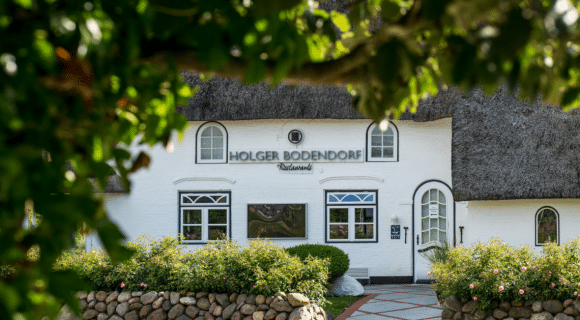
5 Tips for Maximising Your Hotel’s Revenue in the Off-Peak Season
In beloved destinations across Ireland and the United Kingdom, from Cornwall to the Ring of Kerry and the Scottish Highlands, hoteliers face a common challenge: how to maximise revenue during the off-peak seasons.
This blog delves into essential revenue management strategies tailored for the region, offering practical insights to enhance profitability when demand is lower. Read on to find out:
- What are the characteristics of seasonal low demand?
- 5 Ways to Boost Revenue in the Off-Peak Season
- Conclusion
What are the characteristics of seasonal low demand?

One significant advantage of the classic off-peak season compared to other low-demand periods is its predictability. A hotel near the British coast knows that summer months draw the most guests, allowing them to tailor their revenue management accordingly. Conversely, a ski lodge experiences its peak season in winter.
However, this seasonal business model presents challenges. The appeal of booking a beachfront hotel is clear to guests during high season. It’s a different story during the off-peak season when the weather is less favourable. Therefore, it’s essential to offset the lower demand with other booking incentives that may be independent of the property’s main unique selling proposition (USP). Generating additional demand is generally more challenging in the off-peak season. In high season, even for hoteliers employing traditional seasonal pricing, achieving good occupancy with acceptable prices is usually not a problem. However, during the off-peak season, short-term demand spikes and booking behaviour of defined target audiences need to be observed more closely to proactively address them.
The Key Takeaway:
Proactivity, not reactivity, is the key. Many hoteliers accept the seasonality of their business as a given, but there are numerous ways to consciously prepare for this period of lower market demand.
5 Ways to Boost Revenue in the Off-Peak Season:

Monitor Seasonal Trends:
Keeping a close eye on seasonal trends allows you to adapt your strategies accordingly. For example, if you notice temperatures unexpectedly soaring over 20 degrees in October, it indicates a shift in traditional seasonal patterns. This means the summer season may now extend into what was historically considered off-peak. By identifying these shifts, you can make timely adjustments to your marketing and pricing strategies, ensuring you’re prepared to cater to the evolving demands of your guests.
Craft Appealing Pricing Strategies:
Rather than resorting to straightforward price reductions during periods of lower occupancy, consider a more nuanced approach. Thoughtful pricing strategies can differentiate your offering in a crowded market. This might involve creating special packages that include added value, or designing unique experiences that entice guests beyond just the room. By providing compelling reasons for guests to choose your hotel, you can maintain healthy revenue levels even during quieter times.
Use Restrictions Sparingly:
While booking restrictions like minimum stay requirements or strict cancellation policies can serve a purpose, it’s important not to overuse them. In the off-peak season, flexibility is often appreciated by guests. Offering more lenient terms can make your hotel a more attractive option, potentially leading to increased bookings. Additionally, too many restrictions can reduce your visibility on booking platforms, potentially limiting your reach to potential guests.
Target the Right Audience:
An effective synergy between Revenue Management and Marketing is vital, especially during off-peak periods. This involves investing in visibility across your marketing channels and key Online Travel Agencies (OTAs). Utilise tools like Google Hotel Ads and Social Media Advertising to engage specific interest-based audiences. Tailor your messaging and promotions to cater to the unique preferences and needs of returning guests, as well as potential new markets. By diversifying your target audience, you can expand your reach and tap into new segments of the market.
Invest in Digitalisation:
Embracing digitalisation and process optimisation is fundamental to cost-effectiveness, particularly during off-peak seasons. Consider implementing technologies that facilitate online check-ins, making the process smoother for guests and more efficient for your staff. Evaluate your internal processes and identify areas where automation or digital tools could streamline operations. By adopting an innovative mindset and being open to digital solutions, you can make the most of the resources available to you, ultimately driving efficiency and profitability even during slower periods.
Conclusion

Effective revenue management is especially crucial during the off-peak season and there are various ways to do so. Consider the following options:
- Ensure your seasonal forecasting is still accurate.
- Explore offering appealing price packages to attract guests.
- Determine where you can loosen restrictions to capture demand.
- Identify new target audiences or enhance the visibility of your establishment.
- Assess whether your system infrastructure requires an upgrade to better support decision-making.
If you’d like to benefit from an initial consultation to turn the off-peak season into your ally, schedule a meeting with us today.
Your HotelPartner Team




